Door dhr. Ted Hartman – Dinsdag, 11 december 2012. Eindejaars-demonstratie Stichting Japanse Ereschulden
Het waren de diehards, echte bikkels, die weer aanwezig waren om het bestuur te helpen te blijven hameren op Japan. Een Japan dat zich niet schaamt om zijn wandaden, nog erger, ze verheerlijkt. Dit keer een prachtig aangrijpingspunt om ze te wijzen op hun verplichtingen tegenover de wereld. De softe behandeling van genaturaliseerde Amerikaanse Japanners in de oorlog. Eens zullen ze zich niet meer op hun cultuur kunnen beroepen om onder hun schulden uit te komen!
Ook de dialoog met de Nederlandse staat houdt niet op. Het volgende gesprek is in januari gepland. Met goede moed zien we in het Nieuwe Jaar de volgende demonstratiedag op 8 januari 2013 tegemoet.
Vrije vertaling van Petitie 217: Zijne Excelllentie Yoshihiko Noda
Den Haag, 10 December 2012.
Petitie: 217 Onderwerp: Erken morele verantwoordelijkheid
Excellentie,
Wij wensen u en het volk van Japan, in deze moeilijke tijden, het allerbeste in het Nieuwe Jaar.
Namens de Stichting Japanse Ereschulden,
J..F. van Wagtendonk, voorzitter
Originele Petitie 217:
His Excellency Yoshihiko Noda
Prime Minister of Japan
The Hague, 10 December 2012.
Petition: 217
Subject: acknowledge moral responsibility
Excellency,
Recently an interesting discovery was made in Denver, the United States. According to the Japan Times: “letters arriving from Japanese-Americans internment camps during World War Two were discovered during renovations.” Internees sent letters and postcards to a Denver pharmacy owned by Japanese-Americans requesting them to send bath powder, cold creams or cough drops. About 110,000 Japanese-Americans were interned during the war. The camps were overcrowded and provided poor living conditions. However the internees were able to correspond with the outside world requesting “luxuries”. The conditions in the Dutch camps during World War Two were far worse. In fact these were concentration camps run by the Japanese military in occupied Dutch East Indies. The Dutch people were held in these concentration camps with the sole purpose to destroy the Dutch influence in Dutch East Indies. They were terrorized, denied medicines and provided with poor food. Many died. The survivors were left with traumas, poor futures and as a result of the captivity lost but all.
Prime Minister
The Japanese-Americans received a formal apology from President Reagan and a redress payment of US$ 20,000 each to the surviving internees in 1988. Similarly in the same year the Canadian government issued formal apologies to Japanese Canadian survivors, who were each paid CAN$ 19,000. The value of these individual payments nowadays would be around € 80,000. Very much like the Dutch situation when the Japanese Supreme Court dismissed the case for reparations to the Dutch held in concentrations camps, so did the Supreme Court of the United States rule in favour of the U.S. government. Crucially however, the U.S. Congress did subsequently pass legislation to award the formal payments. In fact, the American politicians accepted the moral obligation for an unjust internment.
Prime Minister
The generous gesture by the U.S Congress to accept the moral obligation, to apologize and redress the sufferings of these Japanese-Americans puts again in question Japan’s position in denying her moral obligation to the Dutch. Japan should follow the American political example, accept its moral obligation and must reconsider its position.
We wish you and the people of Japan, in these testing times, all the best in the New Year.
On behalf of the Foundation of Japanese Honorary Debts,
J.F. van Wagtendonk
President













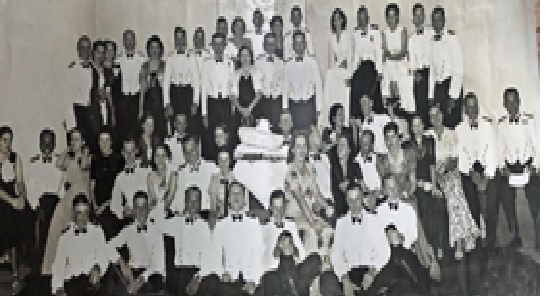







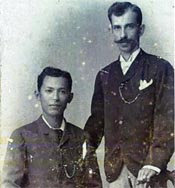




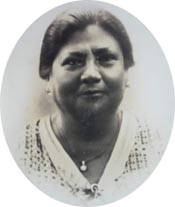
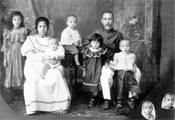



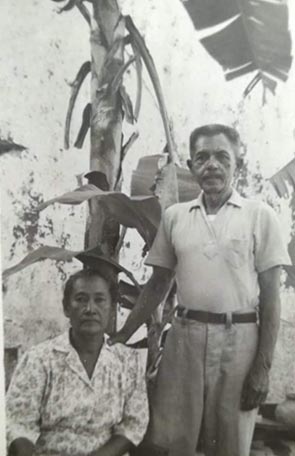

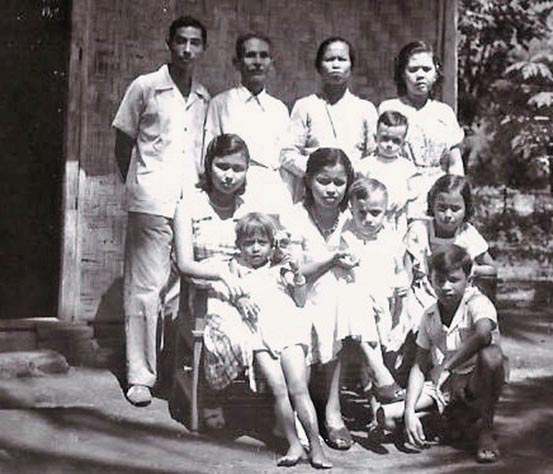



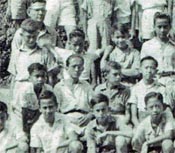

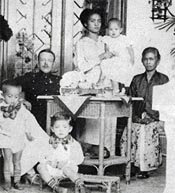






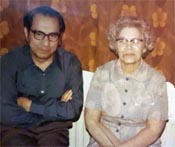





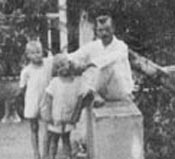

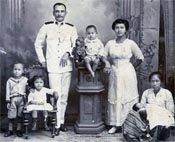
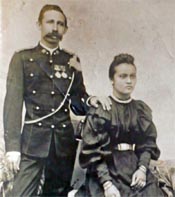


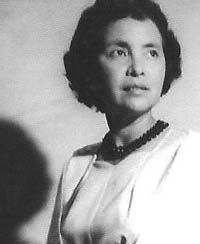







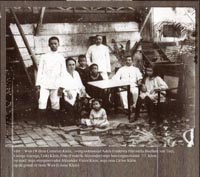



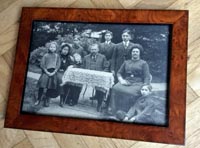






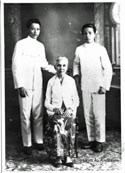


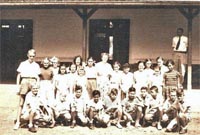
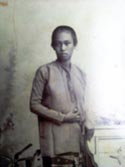










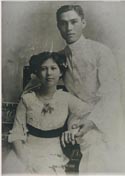



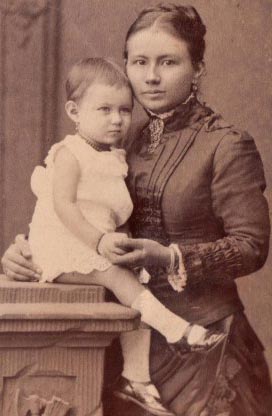
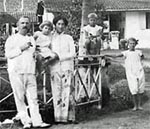


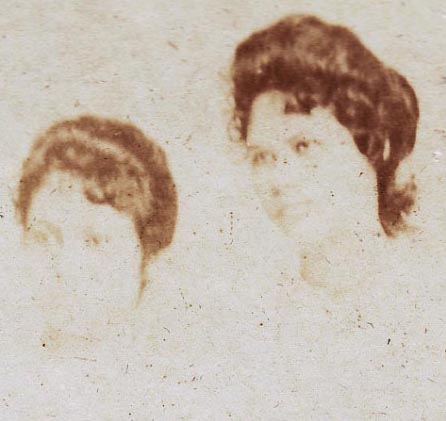



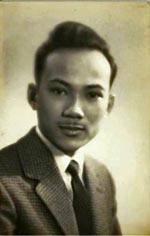



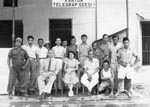


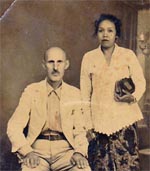









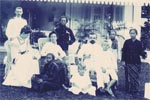

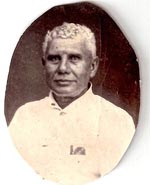







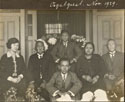





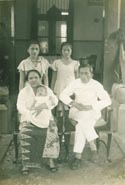




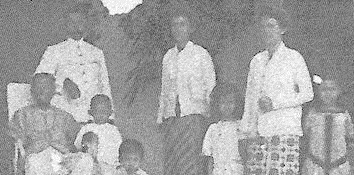

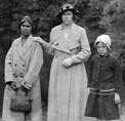
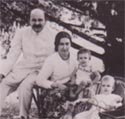

Hartelijk dank, Nelly. Wij blijven een luis in de pels van de Jap (en van de Nederlandse staat). Bij alle festiviteiten zijn we ons einddoel niet vergeten. Moge het bestuur met het Indisch Platform alle wijsheid ontvangen om ook in 2013 met de achterban actief te blijven. Ted Hartman